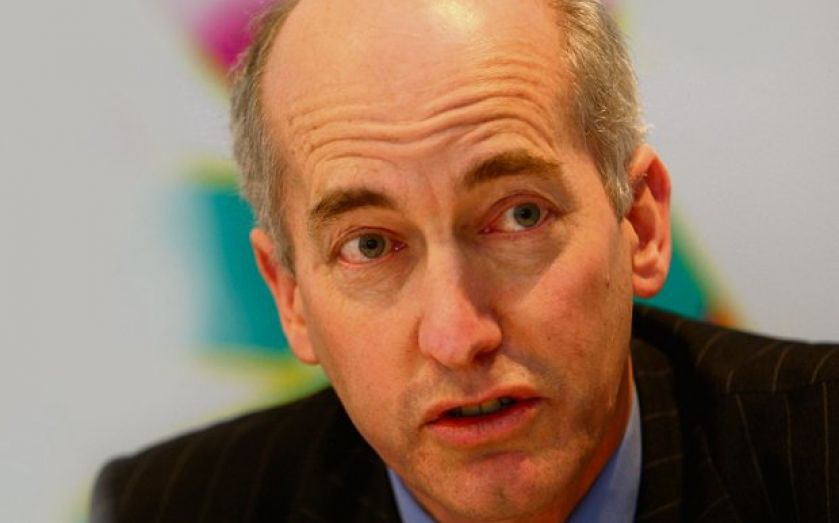New HS2 boss calls for major changes to plan

THE NEW head of the controversial High Speed 2 railway has today urged the government to speed up work on the route and build a new northern hub by 2027, six years earlier than the scheduled completion date.
After several months reviewing the entire project, HS2 chairman Sir David Higgins has set out his proposals to rein in costs and make the railway more useful to those living nearby.
Higgins has backed a major redevelopment at Euston to create “an iconic driver of local regeneration”. His recommendation comes less than a year after HS2 scaled back its plans to rebuild the 1960s station.
He plans to take the link between the Channel Tunnel and HS2 back to the drawing board. The existing government plan would connect Euston to King’s Cross and St Pancras, at a cost of £700m, through Camden Town.
Higgins also wants to speed up construction. As part of the shake-up, he proposed a major interchange at Crewe, a Cheshire town on the West Coast Main Line, to be built as part of the first leg and completed by 2027.
The Y-shaped second phase linking Birmingham, Manchester and Leeds is not yet finalised and is expected to open in 2033. However, Higgins said a hub at Crewe would give towns across the region better access to high speed rail.
Higgins said he is “satisfied” the price tag of £21.4bn on the first phase up to Birmingham will be enough, adding that savings on the overall £42.6bn budget are possible once the uncertainty and political fighting over the legislative timetable clears.
Transport secretary Patrick McLoughlin will today set out the government’s response to the report.
Labour’s shadow chancellor Ed Balls told the BBC yesterday that his party will back HS2 in parliament as long as the costs are kept under control, repeating his warning that there would be “no blank cheque from a [future] Labour government on this project”.
Meanwhile, Labour peer Lord Mandelson described the project as “a cruel joke on the North” that will merely “funnel people, business and spending into London and the South”.